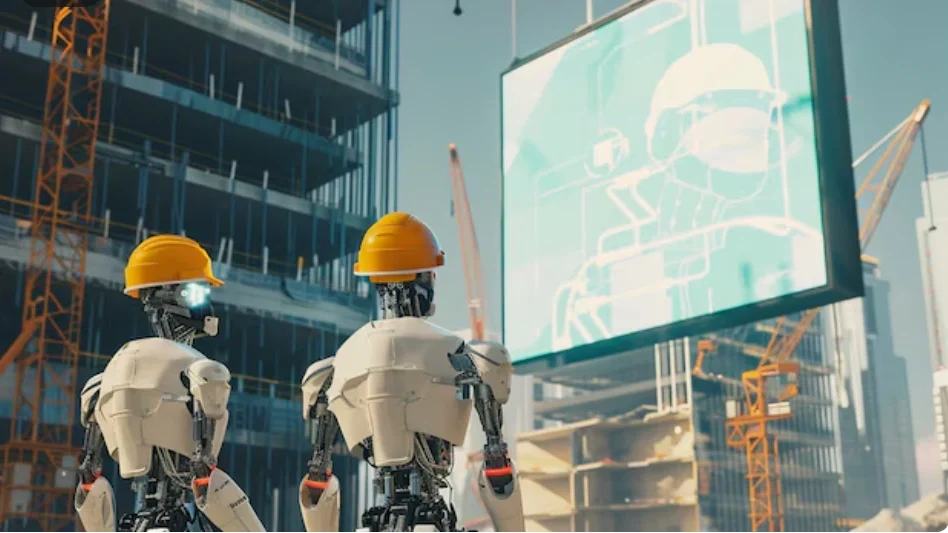New technology is transforming the construction industry, transforming how projects are completed. These advancements are improving tools and techniques that make planning, managing, and building projects more efficient and effective.
1. Revolutionizing Project Planning
These days, people believe that Building Information Modeling (BIM) will completely change how building projects are managed. BIM allows for the creation of detailed 3D models that combine different project parts into one place. This helps project managers see everything clearly, use resources more efficiently, improve schedules, and predict any problems that might come up during the project.
2. Cloud-Based Platforms
Cloud-based tools for project management greatly enhance cooperation within construction projects. Modern construction technology enables people to view project documents and updates instantly, no matter where they are. Better connectivity improves communication among architects, builders, and clients, making project management more efficient. Constant tracking and instant alerts ensure that every team member stays informed and aligned, reducing the chances of mistakes and delays.
3. Real-Time Data with IoT and Drones
By combining IoT sensors with drones, construction projects are gaining unparalleled insights. IoT sensors track equipment performance, materials usage, and environmental conditions, offering important data for project management. Drones provide elevated perspectives for examining sites, monitoring progress, and evaluating safety. The data collected in real-time with these technologies allows project managers to make decisions based on data, improve safety measures, and remain on schedule.
4. Automation and Robotics
Advances in machines and robots are growing fast in the construction industry, taking over jobs that were once done by people. Robots can now do things like laying bricks, pouring concrete, and even printing parts of buildings with great accuracy. These machines help build faster, reduce mistakes, and lower work costs.
5. Risk Management with Predictive Analytics
Forecasting potential problems in construction is being transformed by predictive analytics, which examines past data and current project metrics to enhance risk management. This technology allows project managers to predict and deal with potential issues like exceeding budgets or delaying schedules before they escalate into serious issues. By addressing possible obstacles early on, projects are more apt to stay on schedule and within budget.
6. Green Building Technologies
Sustainability is increasingly important in construction, with green building technologies taking on a crucial role. Technological advancements in energy-saving materials, sustainable energy systems, and waste minimization are becoming increasingly common. Project managers are now responsible for combining these technologies to adhere to environmental regulations and meet client needs. Adopting green technologies helps achieve environmental objectives and can lead to cost savings and improved building performance.
Conclusion
New construction technologies are completely changing project management by improving all stages of the construction process. BIM, cloud-based platforms, IoT, drones, and robotics enhance efficiency, accuracy, and insight. As they advance, these technologies will reshape project management approaches, resulting in increased success and sustainability in construction projects. Project managers must stay updated on these advancements to navigate the modern construction environment and successfully achieve outstanding outcomes.
Faqs
How does project management get better using BIM?
The answer is that BIM gives managers access to a comprehensive 3D model of the project, which improves planning and visualization, lowers error rates, and maximizes timelines and resources.
What advantages do cloud-based platforms offer building projects?
In response, cloud-based platforms provide instant access to updates and documents, enhancing teamwork and communication while reducing mistakes and delays.
How might drones and IoT sensors improve project management?
Drones give aerial views for site inspections and progress tracking, increasing oversight and efficiency, while IoT sensors provide real-time data on equipment and conditions.
Paul Jeff is a passionate writer From Charlotte, North Carolina. He Loves to write on FintechZoom, Marketing Stocks and it’s future prospective.

